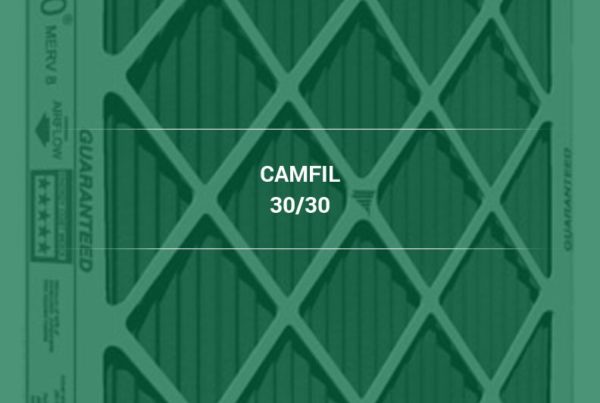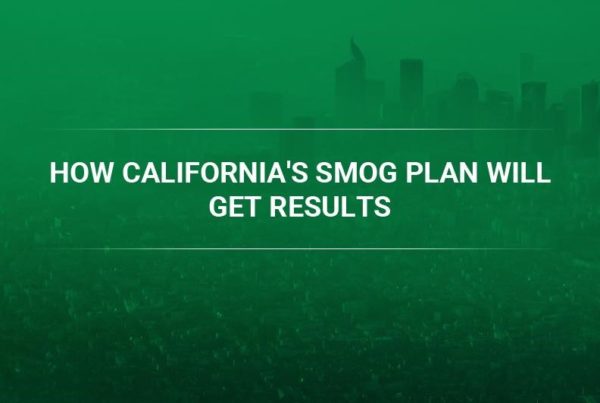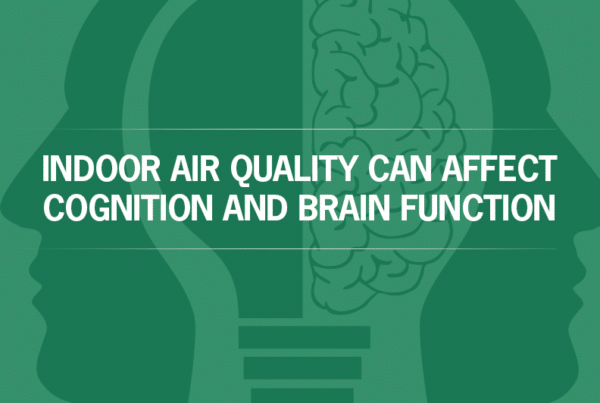04/20/2010 // Riverdale, NJ, USA // Camfil // Lynne Laake // (press release)
Volcanic eruptions release a number of contaminants into the atmosphere. Gases and particles such as Sulfur Dioxide (SO2), Hydrogen Sulfide (H2S) acid aerosols and inert particles (ash) are normally formed during eruptions. The formation and the amount of ash are different, depending on the circumstances.
The current eruption of the volcano, Eyjafjallajokull in Iceland, is causing a large amount of ash creation. The cloud of ash spewed into the atmosphere consists mainly of minerals of small particles and water vapor. The further away from the volcano, the smaller the particles are.
Small particles can be transported very long distances and may create problems if they settle on the earth’s surface. This will depend on the concentration and how the ash enters our breathing zone.
Filters and air handling systems
At this point it is difficult to predict exactly how the ash will impact air quality in terms of health, or how it will affect the operation and function of ventilation systems. However, it is a good idea to be observant about any increases in particle concentrations (PM10 and PM2.5) or other contaminants that may be spread by the eruption in the near future.
In the case of high particle concentrations at ground level, Camfil recommends the following actions:
• Use air filters with an efficiency value of MERV 13 or higher to stop these particles from entering the air handling units
• Increase the frequency of checking the operation and functionality of your air handling units and their components
• If the air filters are clogged by the ash – you will need to change the filters
Please also keep in mind that clogged air filters might show a rapid increase in pressure drop. A good rule of thumb is to change your air filters once the initial pressure drop has doubled.
From a health perspective there is information at:
http://volcanoes.usgs.gov/ash/health/index.html
http://www.ivhhn.org/
MERV is Minimum Efficiency Reporting Value as established in a filter efficiency Standard as published by the American Society of Heating, Refrigeration, and Air-Conditioning Engineers (ASHRAE).
For more information about Camfil filtration systems visit https://cleanair.camfil.us/ Toll free: 888.599.6620
Media Information:
Address: 1 North Corporate Dr., Riverdale, NJ
Phone: 888.599.6620
Url: HVAC Air Filters



